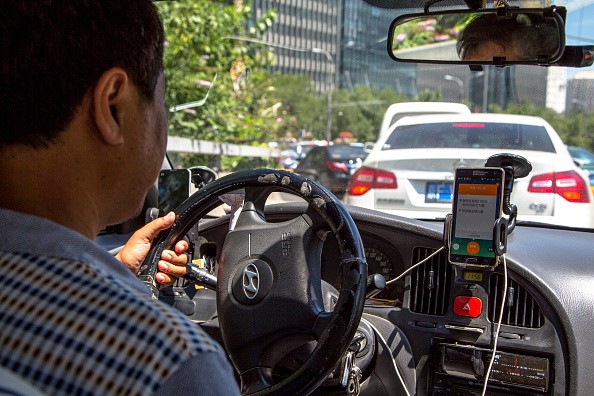Chinese ride-hailing company Didi Chuxing was ordered to remove the price-hiking function in its platform, following a meeting with the Shanghai Municipal Transportation Commission, China Daily reported.
The company was given two days to implement the order, as it pledged to delete the price-hiking module in the application based on the commission's requirements.
On Monday, Jan. 23, Didi published a note announcing that the function of "suggested price hiking" was temporarily eliminated. The function asks users if they would like to pay extra money for a ride.
The commission also asked Didi to remove another function which says, "dispatching fee paid by passengers out of their own will," thereby completely eliminating the possibility that users have been unfairly made to pay extra cost for a ride in Shanghai.
Didi, however, said that they could not ensure that they can complete the process within the two-day period, since it will take some time to have the updated app examined. But they pledged to make the changes and complete it within two weeks.
According to the report, the change made by Didi will only be applicable in its operation within Shanghai.
The move by the Shanghai commission received praises from Li Yi, deputy director at the Internet plus consulting center at the Internet Society of China, who urged transportation commissions of other cities to follow suit. He also called on the Ministry of Transport and the Ministry of Commerce to look into the matter.
On Saturday, Jan. 21, Luo Wen, a senior product director of Didi Chuxing, published an explanation on the online question-and-answer platform Zhihu. He said that the recent difficulties in hailing rides are caused by the surge in orders as Spring Festival approaches while the number of available taxi drivers has decreased.
"For example, the number of taxi drivers taking online orders has dropped by 25 percent, but the number of orders surged by 30 percent recently in Beijing. The short supply has resulted in rising prices," Luo wrote.



























